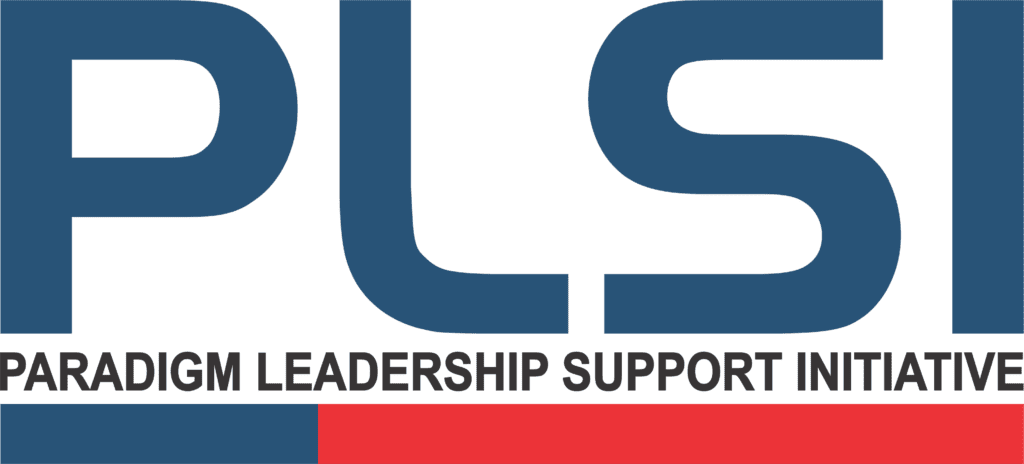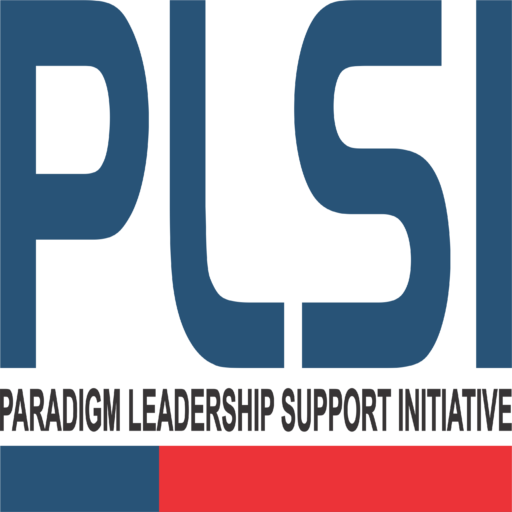On April 28, 2025, the Natural Resource Governance Institute (NRGI), in collaboration with the Nigeria Extractive Industries Transparency Initiative (NEITI) and Paradigm Leadership Support Initiative (PLSI), convened a technical session with key stakeholders to explore pathways for strengthening Nigeria’s legal and regulatory framework for methane emissions reduction. The session brought together representatives from NUPRC, NMDPRA, NOSDRA, NESREA, the National Council on Climate Change (NCCC), Federal Ministry of Petroleum Resources (FMoPR), and NEITI. Others present included the International Energy Agency (IEA), Clean Air Task Force (CATF), civil society actors, legal practitioners, and regulatory experts.
The session focused on regulatory coherence, data governance, and institutional alignment in view of emerging global compliance regimes, notably the European Union’s methane regulation.
Key Issues Discussed
- Overlapping regulatory mandates and legal ambiguities among agencies responsible for methane and flare gas governance.
- Limited integration of methane-specific provisions across current legal instruments.
- Weak institutional frameworks for measurement, reporting, and verification (MRV).
- Insufficient coordination between regulatory, climate, and transparency institutions.
- The implications of international compliance requirements, especially the EU Methane Regulation, on Nigeria’s gas export economy.
Key Gaps Identified
- Legal and Institutional Overlaps: NUPRC and NMDPRA both reference flare gas management in their regulations, creating duplication and implementation confusion. The licensing regime for flare gas commercialisation remains unclear.
- Lack of Methane-Specific Regulations: Nigeria’s current legal instruments on emissions focus largely on flaring and carbon emissions, with limited attention to methane measurement, detection, and abatement across the value chain.
- Weak MRV Systems: Agencies reported the absence of baseline data and harmonised MRV protocols. There is also a lack of clarity on institutional roles in data verification and enforcement.
- Low Regulatory Preparedness for Global Regimes: Nigeria’s regulatory architecture is not yet aligned with the EU Methane Regulation and other emerging global compliance frameworks that could impact market access for gas exports.
- Limited Use of Transparency Instruments: Stakeholders noted that NEITI’s audit processes and publicly available data have not been effectively leveraged for emissions accountability.
Recommendations
- Clarify Legal Mandates: A legal review should be undertaken to harmonise the mandates of NUPRC, NMDPRA, and other agencies, particularly around flare gas licensing and methane regulation.
- Strengthen Methane Regulation: There is a need to explicitly address methane in legal frameworks governing upstream, midstream, and downstream operations, including Leak Detection and Repair (LDAR), venting, and unintentional emissions.
- Develop a Unified MRV Framework: Regulators should adopt harmonised protocols for methane emissions data collection and verification, leveraging technological tools and independent audits.
- Enhance Institutional Coordination: Establish structured mechanisms for coordination between regulatory agencies, NEITI, and the NCCC, especially on reporting, data use, and compliance monitoring.
- Build Regulatory Capacity: Training and technical support should be provided to strengthen regulators’ capacity for methane measurement, enforcement, and alignment with international standards.
- Leverage NEITI’s Platform for Accountability: NEITI should expand its scope to include methane-specific disclosures in its audits and reporting processes.
Commitments
- NEITI committed to deepening inter-agency collaboration and further incorporate emissions data into its industry audit processes.
- NUPRC and NMDPRA expressed willingness to engage in further dialogue towards strengthening the regulatory landscape
- NCCC welcomed continued engagement with regulators and civil society on aligning national climate targets with methane abatement strategies.
Next Steps
- NEITI and other stakeholders expressed interest in continuing dialogue through similar platforms that promote inter-agency coordination and transparency.
- PLSI will work with partners to explore advocacy opportunities with the National Assembly on clarifying regulatory roles and strengthening methane-related legislation.
The session reflected growing consensus on the need for urgent, coordinated, and strategic reform of Nigeria’s methane governance architecture. Stakeholders underscored the importance of maintaining momentum in the lead-up to international climate deadlines and positioning Nigeria as a credible player in the global transition to low-emission energy systems.

